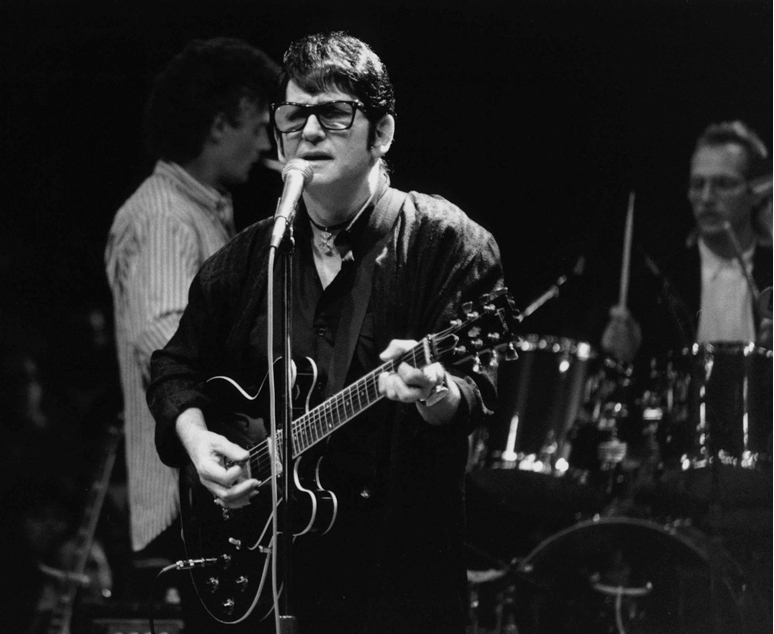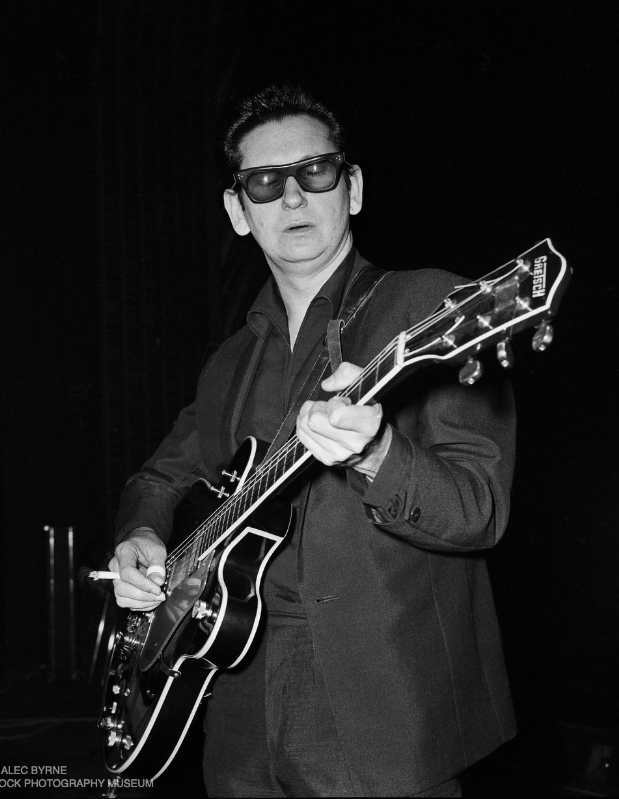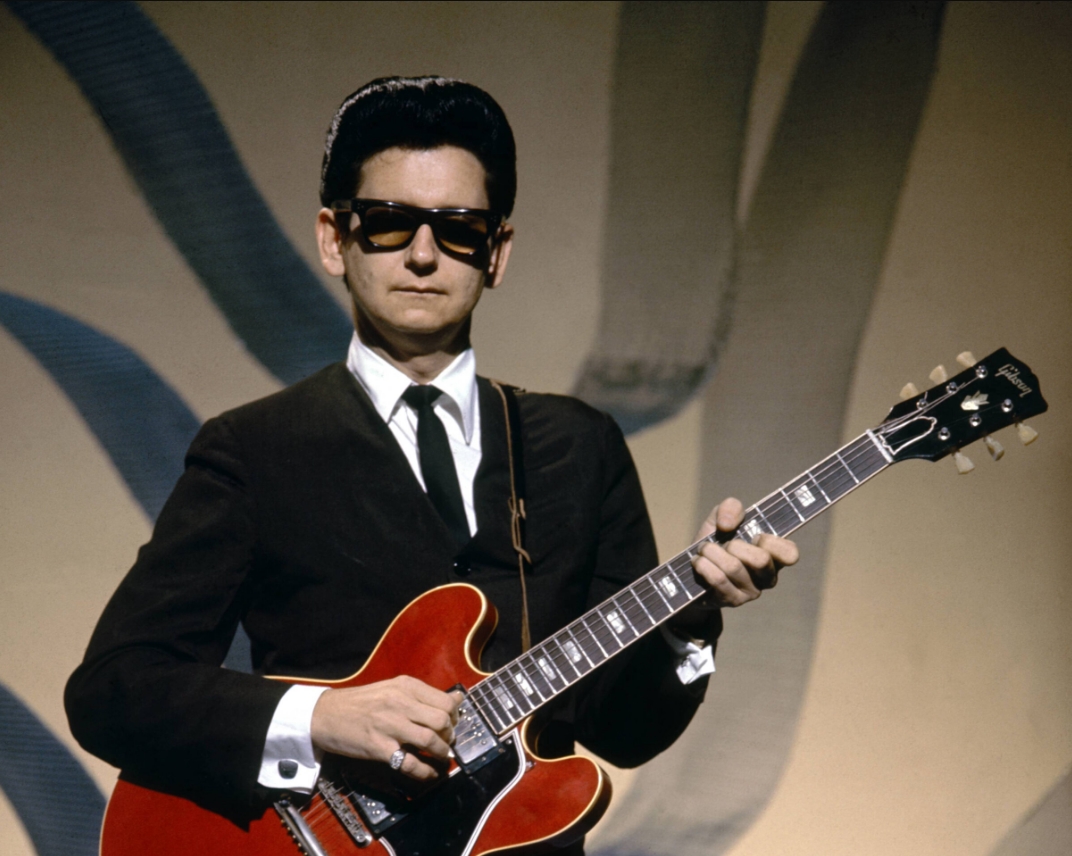
Roy Orbison – Crying (Black & White Night 30)
Roy Orbison’s powerful and poignant rendition of "Crying" from the "Black & White Night 30" album stands as a testament to his unmatched vocal prowess and emotional depth. This particular version, while not achieving the same level of mainstream success as his other recordings, holds significant merit within the context of his career and the evolving landscape of 1970s music. This ballad showcases Orbison’s signature vocal style, characterized by its raw intensity and heartfelt delivery. The track isn’t just a performance; it’s a profound exploration of loss and despair.
Released as part of a broader project, "Black & White Night 30," the song was not a single release aiming for chart dominance as were other tracks from his catalogue. Instead, this version sits within a collection of tracks reflecting Orbison’s persistent artistic spirit despite a shifting musical scene. The song’s inherent melancholic quality, amplified by Orbison’s impeccable vocal control and emotional connection, places it firmly within the realm of his classic ballads, echoing the themes of heartbreak, longing, and the pain of unrequited love which previously defined hits like "Only the Lonely" and "Crying."
Orbison’s meticulous approach to phrasing, his nuanced vocal inflections, and the subtle yet impactful instrumentation create a rich sonic tapestry. The arrangement, likely employing a stripped-down approach common to many of his later recordings, allows his vocals to truly shine. The focus on emotional delivery, rather than intricate instrumentation, emphasizes the raw vulnerability of the lyrics and the depth of Orbison’s performance. The tempo and instrumental build are carefully orchestrated to match the rising and falling tide of emotions expressed, making this version truly immersive. The listener is transported into the world of the song, feeling the artist’s inner turmoil, almost as if an intimate conversation is unfolding.
Given the song’s inclusion on an album rather than a significant single, it didn’t achieve the same charting success as some of his earlier hits. There isn’t a readily available Billboard chart position to represent the track’s popularity. The music industry’s approach to charting during the 70s differed from the present, with contemporary charts focusing more on singles and broader radio airplay rather than deeper dive into albums. This recording, therefore, sits within a body of work carefully intended for the evolving and devoted fan base, instead of a mass audience.
Furthermore, while Roy Orbison’s recordings garnered considerable critical acclaim throughout his career, and many of his songs and performances achieved significant notoriety, this specific rendition of "Crying" lacks high-profile recognition in award structures or major Grammy nominations. An album release like "Black & White Night 30," not a hit single, wouldn’t usually inspire such attention in the Grammy awards. The album was likely a project less focused on competition for awards and more on revisiting his past and establishing his legacy.
In conclusion, Roy Orbison – Crying (Black & White Night 30) highlights the artist’s consistent devotion to his craft. Though not a major chart success, the track serves as a poignant reminder of the emotional power that Orbison could evoke through his music. It offers a personal and introspective view of the artist’s feelings, demonstrating why his work is still cherished by fans and critics alike decades later.
Video
Lyrics
updating



